GREETINGS TO THE CHILDREN OF GOD, WHO BEAR GOD’S IMAGE TO THE WORLD,
Happy Thanksgiving! It is a wonderful time to give thanks to God. Chime in with Martin Luther’s litany of thanksgiving for God’s creative ability made known in us.
I believe that God has created me together with all that exists. God has given me and still preserves my body and soul: eyes, ears, and all limbs and senses; reason and all mental faculties. In addition, God daily and abundantly provides shoes and clothing, food and drink, house and farm, spouse and children, fields, livestock, and all property—along with all the necessities and nourishment for this body and life. God protects me against all danger and shields and preserves me from all evil. And all this is done out of pure, fatherly, and divine goodness and mercy, without any merit or worthiness of mine at all! For all of this I owe it to God to thank and praise, serve and obey him. This is most certainly true.
[“Small Catechism,” Evangelical Lutheran Worship (Minneapolis: Augsburg Fortress, 2006), 1162.]
If we gathered for worship on Thanksgiving Day or Eve, this would be our Prayer of the Day:
Almighty God our Father,
your generous goodness comes to us new every day. By the work of your Spirit lead us to acknowledge your goodness, give thanks for your benefits, and serve you in willing obedience, through Jesus Christ, our Savior and Lord. Amen.
And we would read Luke 17:11-19 where we find Jesus healing the 10 men with leprosy. Our resource from Sundays and Seasons gives us this devotional thought to reflect and ponder with:
The Only Home
In her book Carville’s Cure: Leprosy, Stigma, and the Fight for Justice, Pam Fessler takes readers inside the grounds of a leprosarium, a former plantation in rural Louisiana where, beginning in the late nineteenth century, patients with leprosy were banished. Separated from their families, often taken away in handcuffs by police officers, these people with what we now know to be only a mildly communicative disease were imprisoned on the grounds. They were punished for escaping, had their mail sterilized, and in many cases never saw their families again.
But in 1999, when the government made plans to shut the facility’s doors and return the handful of patients to their communities, those who still called the place home were vocal in their opposition. Some had lived there for more than fifty years and knew no other home, no other companions. “Honor our choice to live out our lives in this, the only home we have ever known,” they petitioned President Bill Clinton (Carville’s Cure, New York, Liveright Publishing, 2020, p. 275). Imagine how the ten in today’s gospel reading might have felt upon being cleansed. How long had they had only one another for companionship and support? Perhaps fear of the unknown so filled their minds that most of them neglected to return and give thanks to Jesus.
For many people Thanksgiving is a time for family and renewing the ties of kinship. That makes it difficult for those who have no family or whose family bonds have become strained or even broken. Rather than focusing on the ingratitude of the nine who failed to thank Jesus, perhaps we might be attentive to those around us for whom this time of year is difficult. What can we do to provide healing?
I hope these bits and pctk Luther, liturgy, and reflection on the scripture help set the stage to shape your thanksgiving and preparation to celebrate Christ the King this coming Sunday.
Bold Inquisitive Belief Loving Expansively,
Pastor Connie Spitzack



